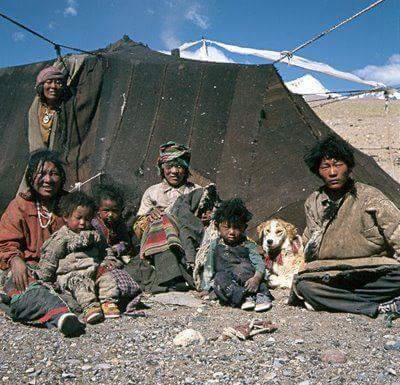Dalai Lama on obsolescence of war
 BENGALURU: The 14th Dalai Lama witnessed the devastation of the Snow Kingdom of Tibet when the communist Chinese invaded and occupied his country. Sixty years later, Tibet still belongs to China. He’s seen war cover the landscape of the world for most of his life.
BENGALURU: The 14th Dalai Lama witnessed the devastation of the Snow Kingdom of Tibet when the communist Chinese invaded and occupied his country. Sixty years later, Tibet still belongs to China. He’s seen war cover the landscape of the world for most of his life.
He says, “War, or any form of organised combat, developed alongside civilisation and seems to be part of history and of the human temperament.”
But are we still so primitive, so brutal as to hold to the belief that in order to maintain peace we must kill? How can violence lead to peace?
The Embodiment of Compassion assures, “The world is changing, and we have understood that we cannot solve human problems with weapons. The disputes that result from differences of opinion should be settled gradually through dialogue.”
Yet there is little dialogue; instead we hear that failure to do what the biggest bully on the block dictates will end up in death for the dissenters. Random acts of murder are viewed as necessary; and innocent victims are part of the war package.
“Obviously, wars produce conquerors and conquered, but only temporarily,” Tenzin Gyatso reasons. “The victories or defeats resulting from wars cannot last very long. Moreover, our world has become so interdependent that the defeat of one country has repercussions throughout the rest of the world and leads directly or indirectly to suffering and loss for each one of us.”
Many abhor war, believing there are gentler solutions. For instance, military forces of nations could improve society if the idea of helping and serving was the norm, rather than annihilating others’ children so that ours can survive. Such unbalanced thinking is no longer practicable.
Dalai Lama points out, “Today, in such a